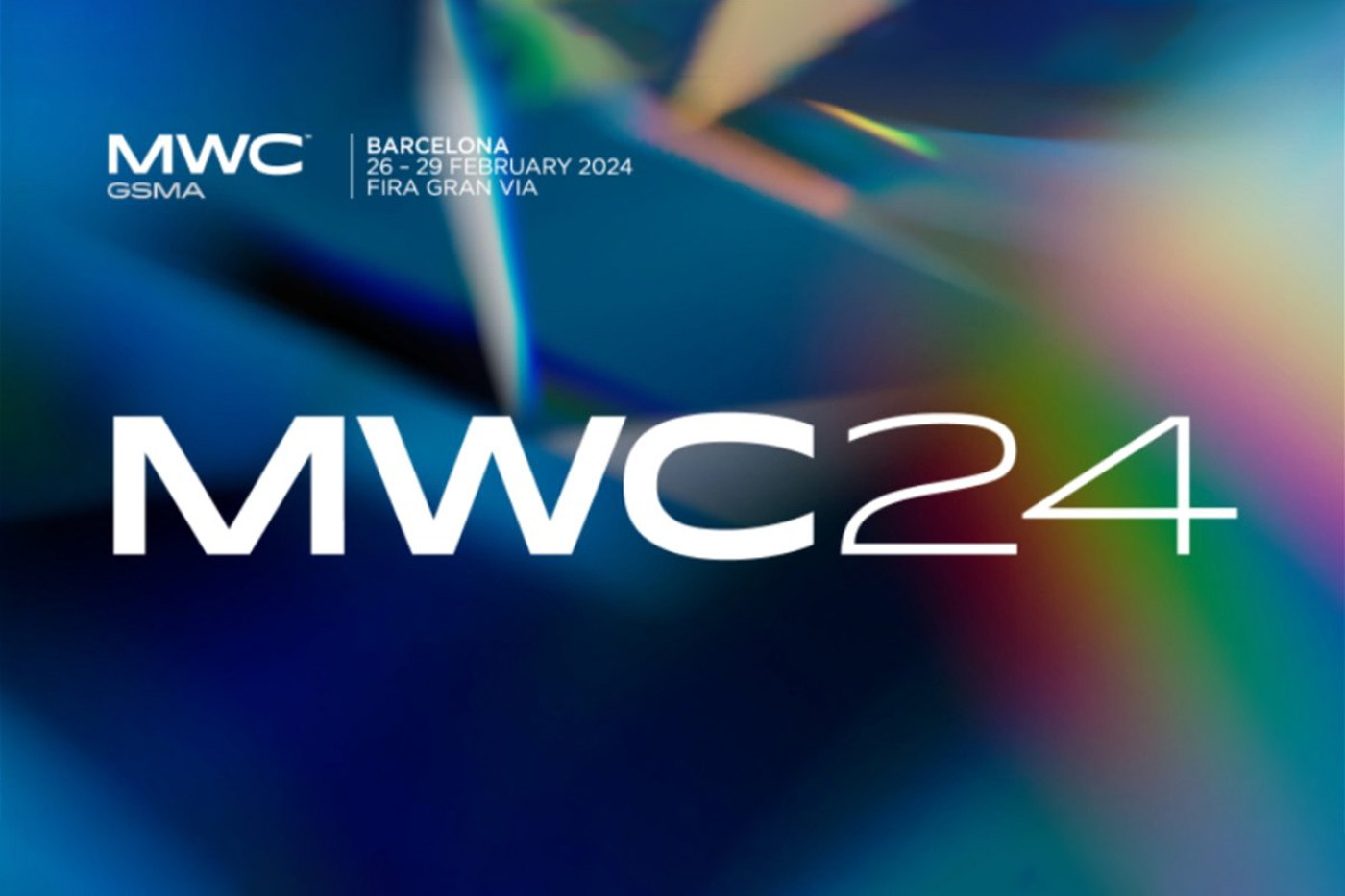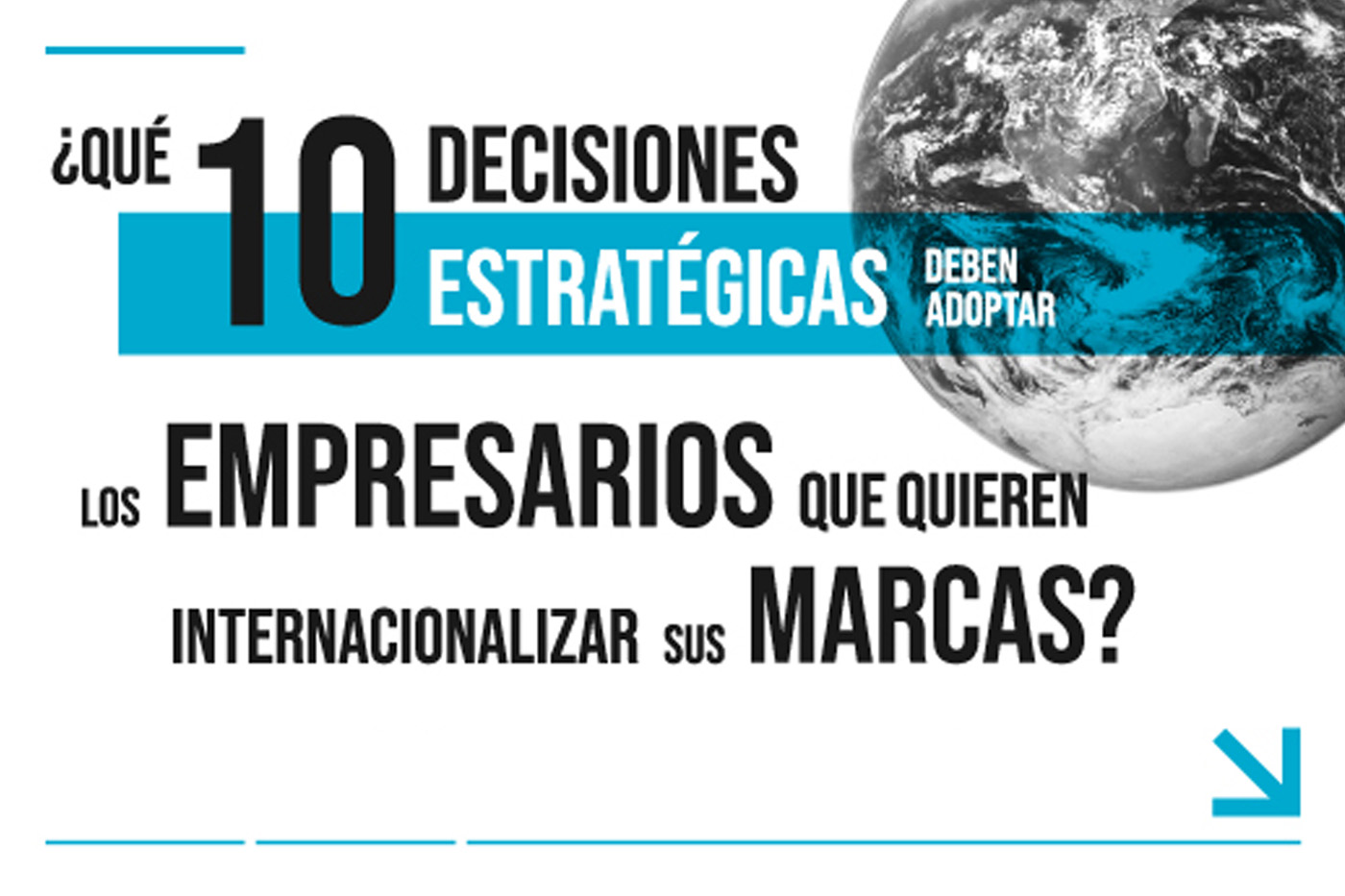Self-assessment
We have prepared the following self-assessment tests to help you to quickly assess and identify your organization’s strengths and weaknesses.
These tests are merely a basic assessment tool and the conclusions of the tests do not take into account the complexity and details of the relationships established by your organization. Under no circumstances should the results be regarded as advice.
Should you have any questions or require further information, please do not hesitate to contact us.
ELZABURU assists clients of all kinds, from big corporations to SMEs, working with them and accompanying them on their journey of national and international expansion.
In this section we have set out a list of unsafe practices in dealings with third parties. If your organization engages in any of these practices, it is subject to a medium to high level of risk that would be easily avoidable by adopting a basic strategy on agreements.
- You do not sign confidentiality agreements with third parties. What matters is trust and a person’s word is their bond.
- You are wary of third parties who propose signing confidentiality agreements.
- You do not sign agreements, only order documents or offers containing nothing more than technical and financial conditions.
- You sign confidentiality agreements with third parties and you conduct partnerships with third parties under that framework, without formalizing subsequent agreements that refer to the object of the partnership (e.g.: research commission contract, collaboration agreement, minimum viable product development contract, technology transfer contract).
- You sign model agreements, without reviewing whether the conditions established clearly define the role of the parties and the work to be carried out.
- You transfer materials to third parties without regulating that supply in any document (e.g.: Material Transfer Agreement).
- You do not monitor the duration of confidentiality agreements or agreements containing confidentiality provisions, and after they have ended, you do not demand the return or destruction of your confidential information.
- You sign agreements proposed by third parties without considering (or without negotiating) the applicable law, the method of dispute resolution and the applicable jurisdiction.
- You believe in the absolute value of penalty clauses.
- You sign collaboration agreements that contain industrial and intellectual property clauses in which it is established that the ownership and the share of protection and defence costs of the rights in the results obtained will be determined at a later time.
- You do not keep minutes (or you keep poorly detailed minutes) of the meetings you hold with those third parties with whom you are bound by a contract during the performance of the contract.
Blog









